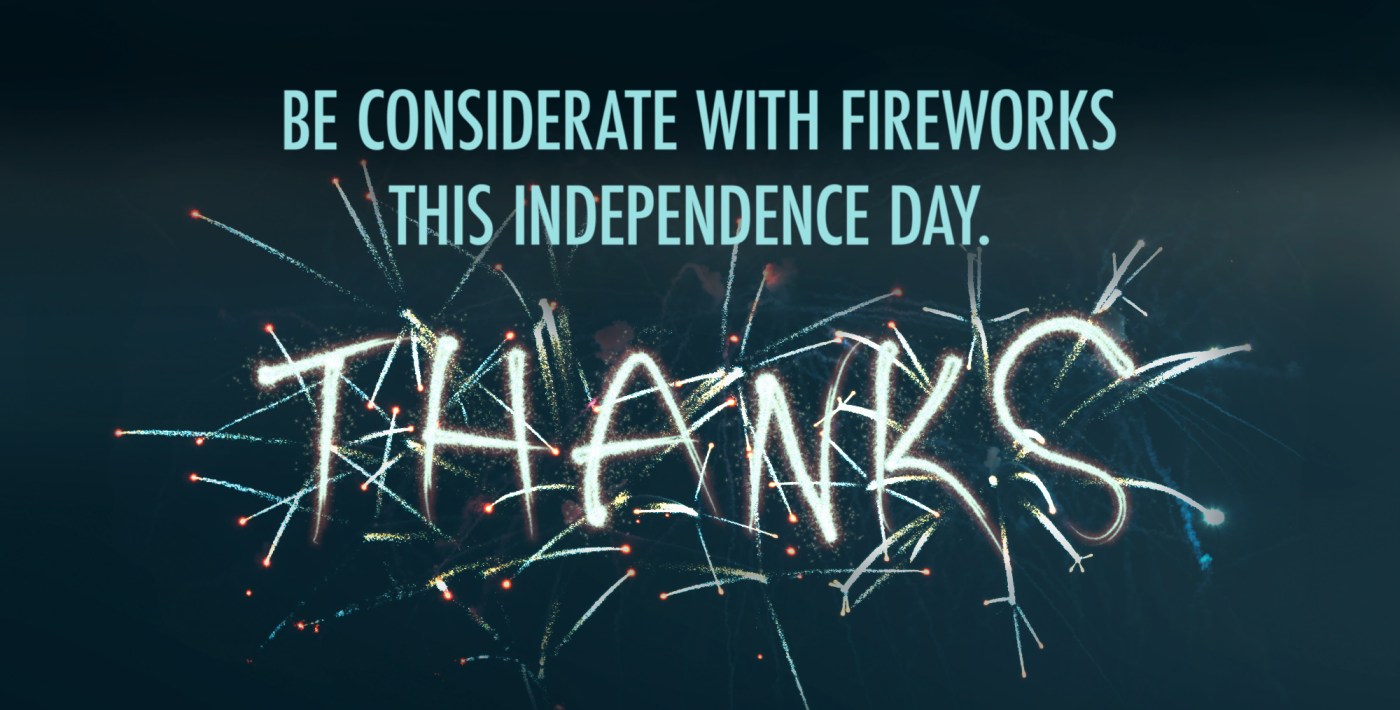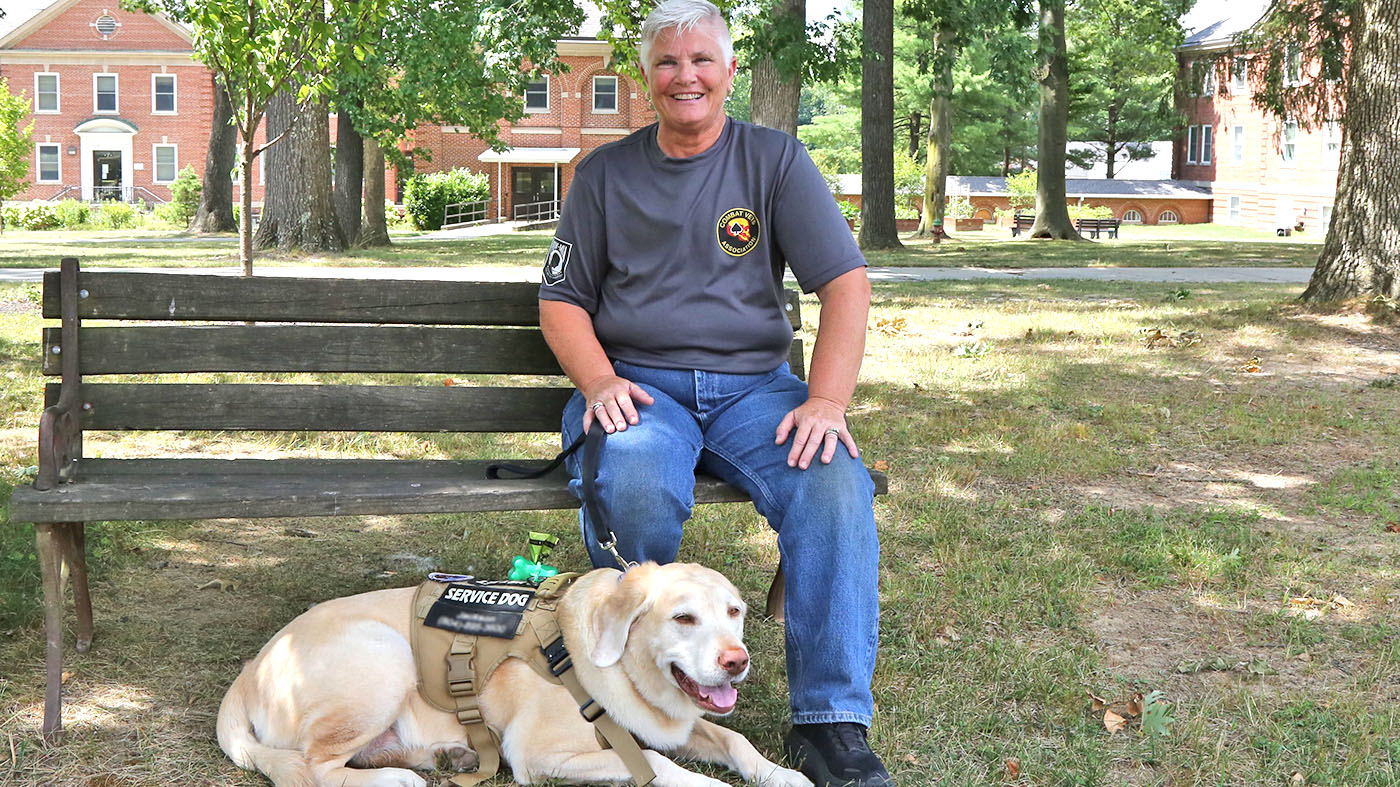Boom! Crackle! The sky lights up with a series of colors and flashes, then the roar of “oohs and aahs” from the crowd. Fireworks on the Fourth of July can be thrilling for Americans, but not for some of its heroes — Veterans coping with PTSD.
“It’s upsetting to most Veterans with PTSD. It’s something they try to avoid,” said Dr. Jeffrey Fine, Director of the PTSD program at VA New York Harbor Healthcare System (VANYHHS). Dr. Fine said the reaction “can range from a startle to a full-blown anxiety attack and flashback of combat.” That’s why, he explained, many Veterans keep noise-canceling headphones on hand. Over the years, “some Veterans have acclimatized and have learned how to successfully minimize their reaction to fireworks, TV and sudden noises.”
Clinical Psychologist Dr. Wendy Katz, also of VANYHHS, treats many Veterans with PTSD who dread the Fourth. “The flash of light, firecrackers, can sound to them like mortar attacks.” They are often also embarrassed by their exaggerated startled reaction in front of friends and family. “I worked with one Veteran who took cover with his young son at this kind of celebration,” said Dr. Katz. “It’s very complicated for them since it’s supposed to be the birthday of freedom.”
Families can help ease the anxiety, said Clinical Psychologist Dr. Michael Kramer, a PTSD specialist at VANYHHS. If a Veteran has a strong negative reaction, he can have the support of his family and friends by anticipating a possible reaction and preparing for it. For example, if it is discussed, they can plan on where they will stand when they go out, make a point to stay close to exits and come up with a back-up plan if the Veteran has a bad reaction.” Dr. Kramer also recommended that patients avoid going out to see fireworks “if they predictably have strong negative reactions to fireworks, loud noises, and crowds.”
Dr. Fine agreed. “It’s a matter of personal choice about how much a Veteran wants to risk having to deal with a bad reaction, balanced with the reluctance to isolate themselves from the center of action.”
Topics in this story
More Stories
Combat Veteran faces the traumatic events of her PTSD during prolonged exposure therapy and looks forward to the days to come.
Bob Jesse Award celebrates the achievements of a VA employee and a team or department that exemplifies innovative practices within VA.
The Medical Foster Home program offers Veterans an alternative to nursing homes.







As a Nam vet, a proud American and having many years in the military. I wonder just how many out there know the history and meanings behind the 4th of July, Veterans Day and Memorial Day? I’m guessing not too many.
Also, when I await this day, it is with dread. I personally get extremely nervous. I try my best to stay calm. Especially for my wife. She sees the anxiety building up. She is my rock, and I love her more for that.
I wish everyone a happy and safe fourth, but I wish they would understand our dilemma.
The article on the 4th of July fireworks and Combat Veterans was right on. As a Vietnam Combat Infantryman, I love the meaning of Independence Day but, I shy away from the fireworks displays. As a father, grandfather, and now great-grandfather, I have even bought and allowed fireworks displays on my farm. I have another adult doing the lighting of the fireworks while I set in my lawn chair with my back to a wall. In this position the startle reflex is not as strong.